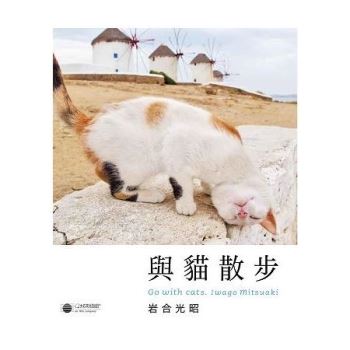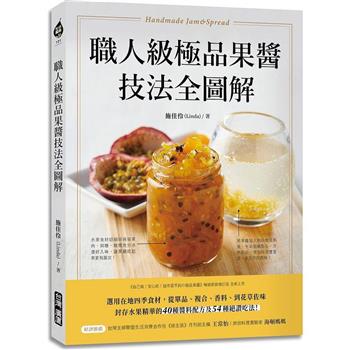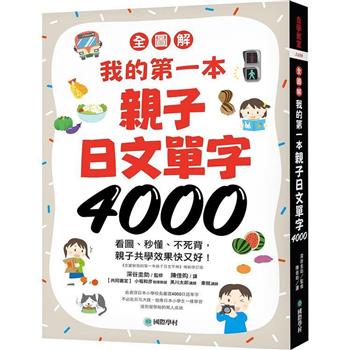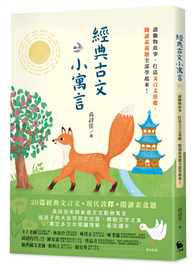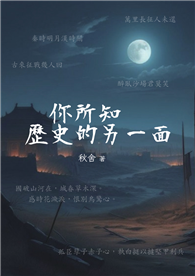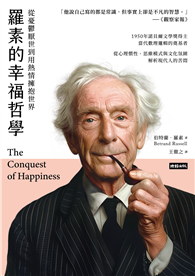No longer is the climate emergency purely an external threat to our wellbeing: this profoundly political circumstance is deeply personal. The summer after giving birth, Sarah Marie Wiebe and her baby endured the 2021 heat dome in British Columbia, with temperatures over 20 degrees above normal, creating all-time heat records across the province. It was the deadliest weather event in Canadian history. The extreme heat landed Wiebe in the hospital, dehydrated and separated from her nursing baby from dawn until dusk. So began a year of mothering through heat, fires and floods. The climate emergency’s many incarnations shaped Wiebe’s politics of parenting and revealed the layers, textures and nuances of the disastrous emergencies we encounter in a world dominated by extractive capitalism.
Drawing on hospital codes to explore the connections, Wiebe opens up tender conversations about intimate matters of how our bodies respond to emergency interventions: informed consent, emergency C-sections, reproductive mental health, and anti-colonial and anti-racist resistance. A critical ecofeminist scholar, Wiebe invites collective envisioning and enacting of caring, ethical relations between humans and the planet, including our atmospheres, lands, waters, animals, plants and each other.| FindBook |
有 1 項符合
Hot Mess: Mothering Through a Code Red Climate Emergency的圖書 |
 |
Hot Mess: Mothering Through a Code Red Climate Emergency 作者:Wiebe 出版社:Fernwood Publishing 出版日期:2024-09-26 語言:英文 規格:平裝 / 144頁 / 普通級/ 初版 |
| 圖書館借閱 |
| 國家圖書館 | 全國圖書書目資訊網 | 國立公共資訊圖書館 | 電子書服務平台 | MetaCat 跨館整合查詢 |
| 臺北市立圖書館 | 新北市立圖書館 | 基隆市公共圖書館 | 桃園市立圖書館 | 新竹縣公共圖書館 |
| 苗栗縣立圖書館 | 臺中市立圖書館 | 彰化縣公共圖書館 | 南投縣文化局 | 雲林縣公共圖書館 |
| 嘉義縣圖書館 | 臺南市立圖書館 | 高雄市立圖書館 | 屏東縣公共圖書館 | 宜蘭縣公共圖書館 |
| 花蓮縣文化局 | 臺東縣文化處 |
|
|
內容簡介
作者簡介
Sarah Marie Wiebe grew up on Coast Salish territory in British Columbia, BC. She is an assistant professor in the School of Public Administration at the University of Victoria and an adjunct professor at the University of Hawai’i, Mānoa with a focus on community development and environmental sustainability. She is a co-founder of the FERN Collaborative (Feminist Environmental Research Network) and author of Life against States of Emergency: Revitalizing Treaty Relations from Attawapiskat. Her book Everyday Exposure: Indigenous Mobilization and Environmental Justice in Canada’s Chemical Valley won the Charles Taylor Book Award and examines policy responses to the impact of pollution on the Aamjiwnaang First Nation’s environmental health. She is a co-editor of Biopolitical Disaster and Creating Spaces of Engagement. Her teaching and research interests emphasize political ecology, policy justice and deliberative dialogue. As a collaborative researcher and community filmmaker, she incorporates mixed media storytelling into her sustainability-focused research and teaching.
Rachel yacaaʔal George is nuučaańul of Ahousaht and Ehattesaht First Nations and grew up in the Metro Vancouver area of British Columbia on the territories of the Qayqayt, Musqueam, Skwxwú7mesh, and Tsleil-Waututh peoples. She holds a BA in history and English from the University of Victoria, an MA in genocide studies from the University of Amsterdam, and a PhD in Indigenous governance from the University of Victoria (2021). Prior to beginning her PhD, she worked as the research coordinator for the Maine Wabanaki-State Child Welfare Truth and Reconciliation Commission (2013-2015). Her research has primarily focused on Indigenous politics, reconciliation, justice and pathways of decolonization through storied practice. Most recently, this has also included explorations of coastal Indigenous relationality and governance.
|
